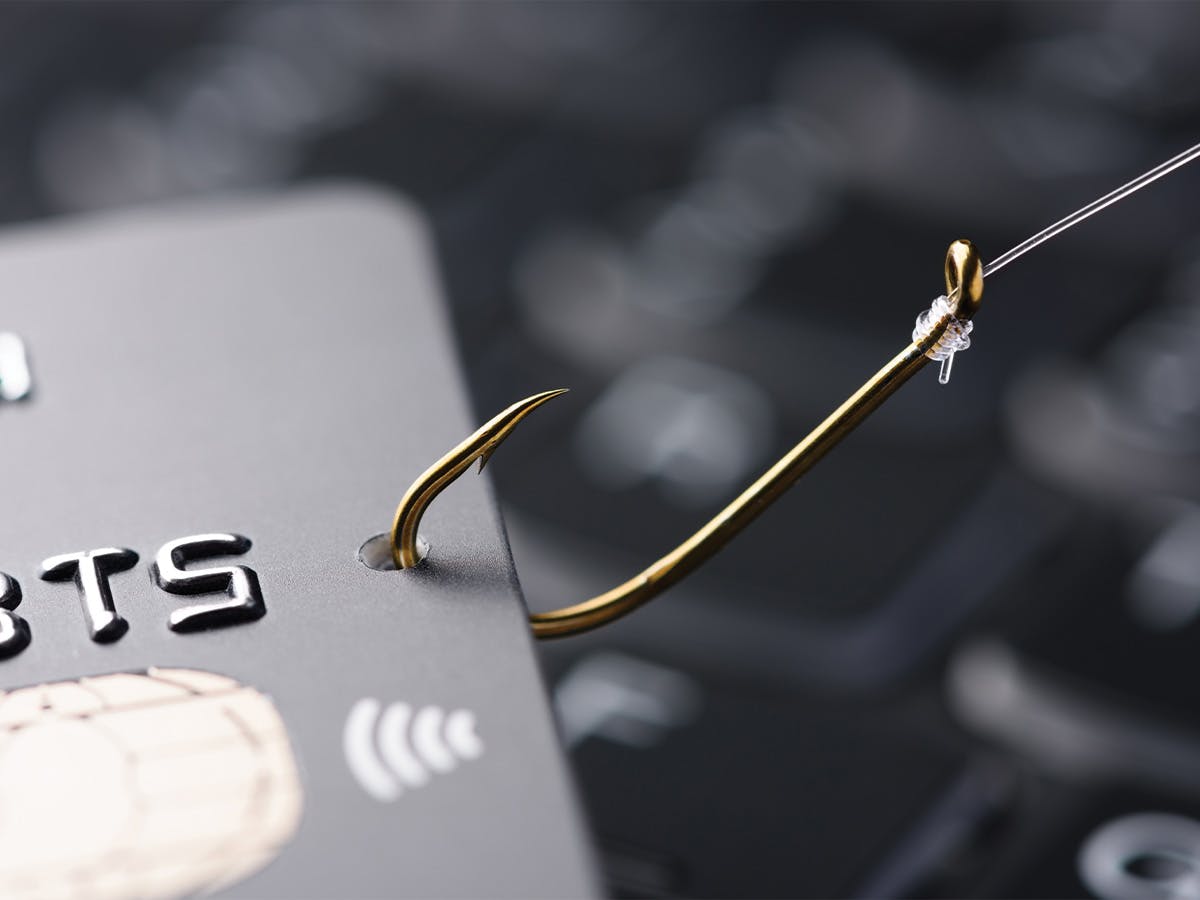
IN THE KNOW

KNOW HOW TO SPOT FRAUD
NOVEMBER 23, 2023 | FRAUD PREVENTION
Knowledge is power in the fight against fraud. From your computer, to your phone, to your mailbox, fraudsters have many ways in which they can attempt to scam you out of money or steal your identity. Awareness of common scams can help you stay on the lookout and protect yourself from fraud.
One of the most important things to remember is that your emotions can make you vulnerable. If you receive a text message, email, or letter that uses scare tactics or demands an urgent response, pause and think. Verify the legitimacy of the communication before taking any action.
There are many red flags to watch out for and steps you can take to avoid fraud and scams.
IMMEDIATE PAYMENT REQUESTS
Legitimate sweepstakes will not ask you to wire money to collect your prize. The IRS will not demand immediate payment via a wire transfer or ask for a credit or debit card number over the phone.
INFORMATION REQUESTS
You won't have to give out your bank account number, driver's license number, or other personal information to collect legitimate winnings.
LAW ENFORCEMENT THREATS
The IRS will not threaten to have you arrested for not paying your taxes.
SECRECY
Be wary if someone suggests that you not tell your bank about a payment, or that you use a separate account at a different bank to handle the transaction.
TALK TO SOMEONE
Before you give up your money or personal information, talk to someone you trust. Con artists want you to make decisions in a hurry. They might even threaten you. Slow down, verify the story, consult an expert — or just tell a friend.
As mentioned above, fraudsters use a variety of methods to reach their victims. When you receive a financial request in any format, always consider the potential ramifications of doing what is being asked. Use information known before you received the request, such as phone numbers from official documents or saved contacts, to verify the request.
Remember, if you are ever unsure about a financial request, pause and contact your bank or local law enforcement for more information.